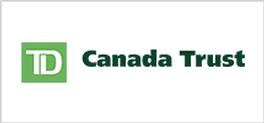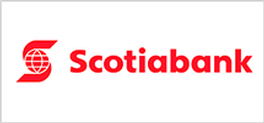Understanding Mortgage Solutions Designed for Self-Employed Individuals
If you’re self-employed, securing a mortgage in today’s market doesn’t need to be stressful. At Boychuk Mortgage Group, we understand the unique challenges that self-employed individuals face when trying to qualify for a mortgage. Traditional banks often have strict lending requirements that may not align with your financial situation, making it challenging to obtain the financing you need. But don’t worry, we’re here to provide the support and resources you need to secure a mortgage with confidence.


Our team of experienced advisors specialises in working with self-employed clients, helping them navigate the complexities of mortgage applications and approvals. We take the time to understand your unique financial circumstances, including fluctuating income, business expenses, and tax deductions. With our tailored approach, we aim to find the best mortgage solutions that fit your needs and goals.

We recognize that being self-employed comes with its own set of advantages and challenges. You may have a successful business, but proving your income stability to lenders can be tricky. That's where our expertise comes in. We know how to present your financial situation in the best light to maximise your chances of approval.
At Boychuk Mortgage Group, we believe that your entrepreneurial spirit should be rewarded, not penalised. We work with a vast network of lenders, including those who specialise in self-employed mortgages, to offer competitive rates and flexible terms. Our goal is to make the mortgage process as seamless and stress-free as possible, so you can focus on growing your business and enjoying your new home.
Let us help you turn your homeownership dreams into reality. With Boychuk Mortgage Group by your side, you can navigate the mortgage landscape with confidence and ease.

















